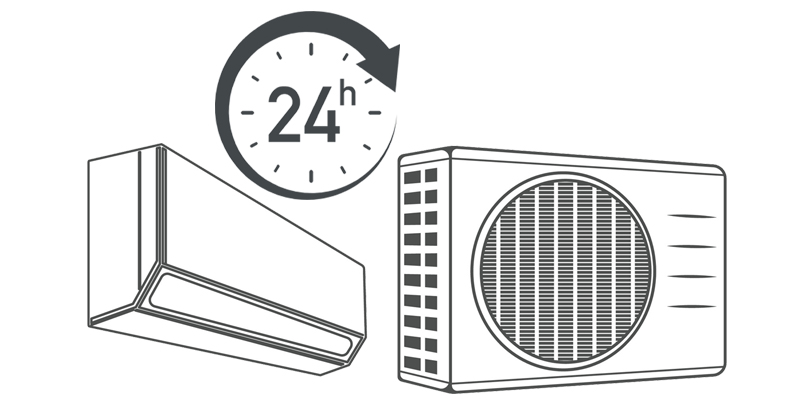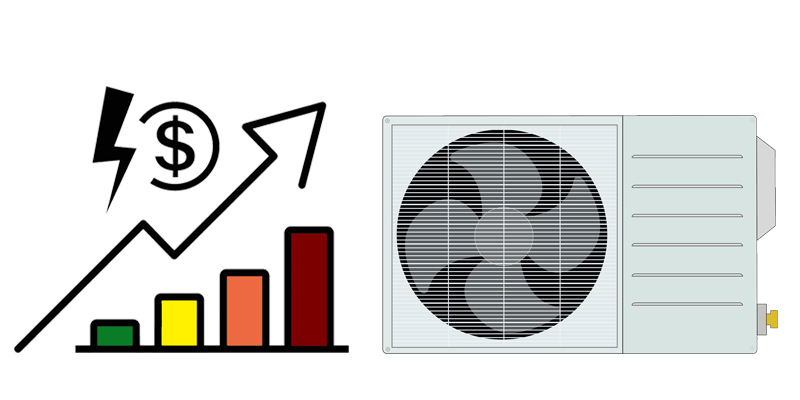What Are The T1 and T3 Air Conditioners?
When choosing an air conditioner, had you ever noticed the product specifications with "T1" or "T3"? These two simple marks relate to whether the AC could operate with high efficiency in your area. Especially for high-temperature regions such as the Middle East, Africa, and South Asia, a T3 air conditioner is regularly required. This article is to introduce what T1/T3 air conditioners are and how to choose proper air conditioner models for tropical weather.
I. Definition of T1 and T3 air conditioners.
T1 and T3, which represent the climate classification standards of the air conditioners, come from the divisions of the air conditioner operation performance under different climate conditions by the IEC.
- T1 (for temperate zone): It is designed for the environmental temperature of 18°C to 43°C, which is mostly suitable for a number of normal families and commercial spaces in Asia, Europe, and North America.
- T3 (for tropical zone): It is designed for the high-temperature area of 21°C to 52°C, which enables the air conditioner to operate stably when the ambient temperature reaches 52°C and above. It is widely used in air conditioner exportation to areas like the Middle East, Africa, and South Asia.
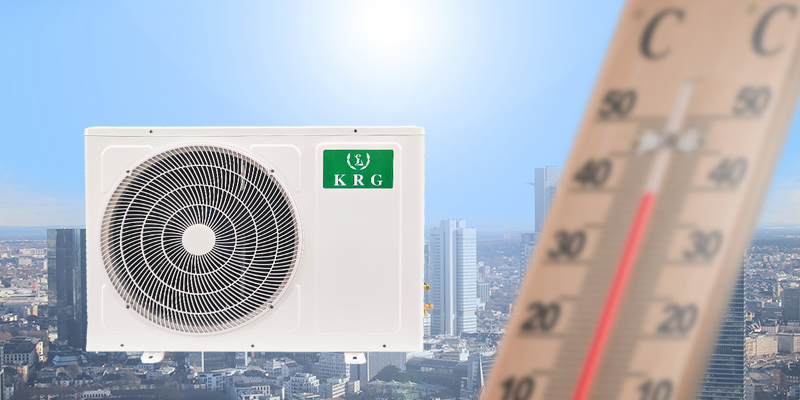
II. What are the advantages of the T3 air conditioners?
- Stable operation under high temperature: The T3 type air conditioners could maintain the strong cooling effect under the ambient temperature of 52°C.
- Upgraded compressor and radiation system: T3 series are equipped with a high-temperature resistance compressor and enlarged condenser, improving the efficiency of radiation and the cooling effect finally.
- Longer lifespan: In the face of the extreme weather, T3 series products are more reliable and longer in lifespan.
- Suitable for exportation to tropical markets: Many of the energy efficiency certificates from tropical countries request the products with T3.
III. How to identify the T1 and T3 air conditioners?
- Refer to the nameplate or the user's manual: Check if it is marked with "Climate Type: T1/T3" and the operation temperature range (T1 max 43℃, T3 max 52℃).
- Refer to the compressor model number: The T3 series uses a high-temperature-oriented compressor, which could work stably under extremely high temperatures.
- Refer to the condenser configuration: The T3 series uses a larger condenser with a high-efficiency radiation system and a powerful fan.
- Refer to the certificates: The T3 series certifications are like SASO and GCC certificates.
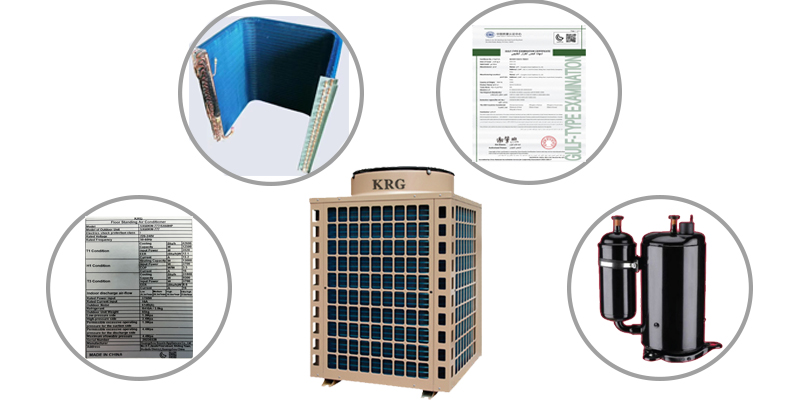
IV. How to choose air conditioners in tropical areas?
| Regions | Recommended Climate Type | Description |
| the Middle East (KSA, UAE) | T3 | The temperature exceeds 48°C normally in summer. |
| Africa (Nigeria, Egypt) | T3 | High temperature and unstable power supply—it is more stable to choose T3. |
| Southeast Asia (Thailand, Vietnam) | T1/T3 | If the high temperature exists all year round, it's better to choose T3. |
| South China (Guangzhou) | T1 | Short term of high temperature, T1, is enough. |
V. Scenarios suitable for T3 air conditioners
- Tropical beach villas or resorts.
- Temporary offices or camps in desert areas.
- Factory or cold chain warehouse in tropical areas.
- Commercial places in the Middle East (such as shopping malls and restaurants).
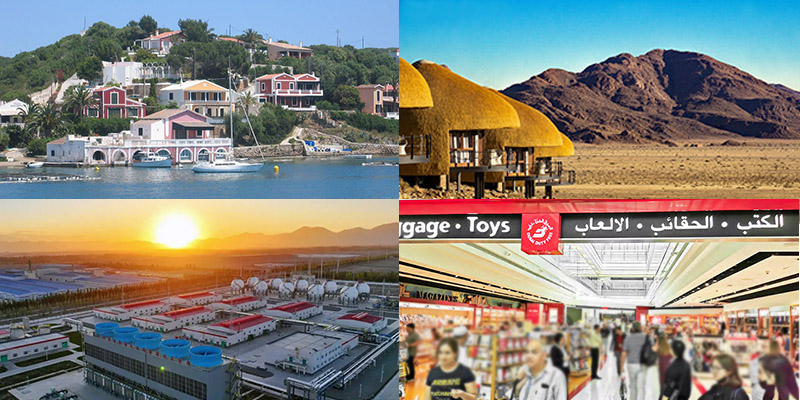
VI. The key to choosing T1 or T3 is the usage environment
For the air conditioners, it is not the powerful ones that are the best, but the proper ones. If you live in or export air conditioners to tropical and dry-hot areas, then choosing true T3 air conditioners will ensure the machines work stably, avoiding bad cooling or frequent malfunctions due to the high temperature.
If you have more questions on T1/T3 air conditioners, please contact the KRG team. We focus on export-oriented household and light commercial air conditioners, providing professional products and customized services that meet GCC/SASO/CE certifications.
